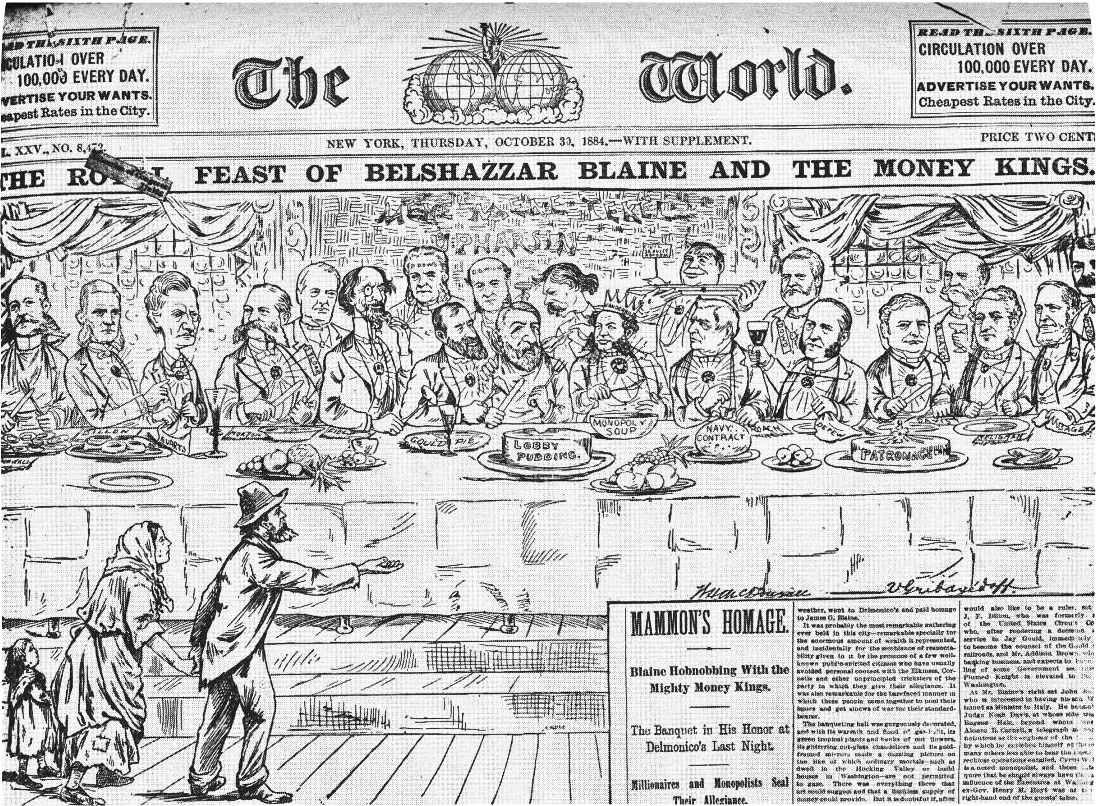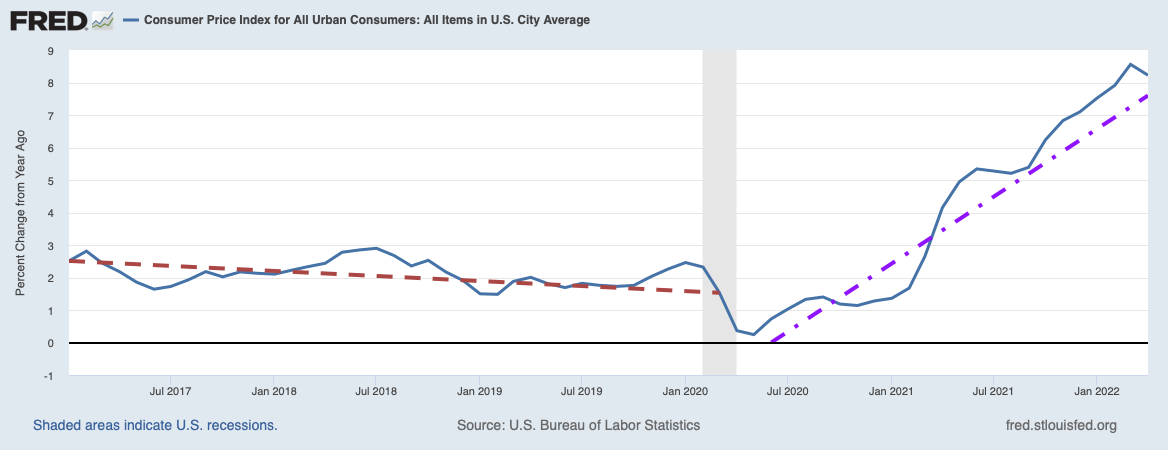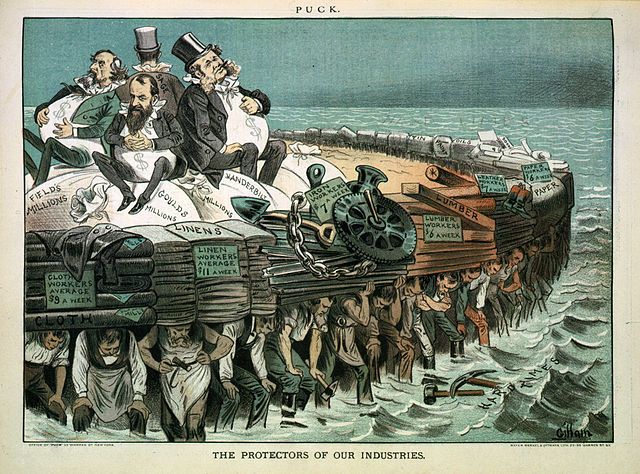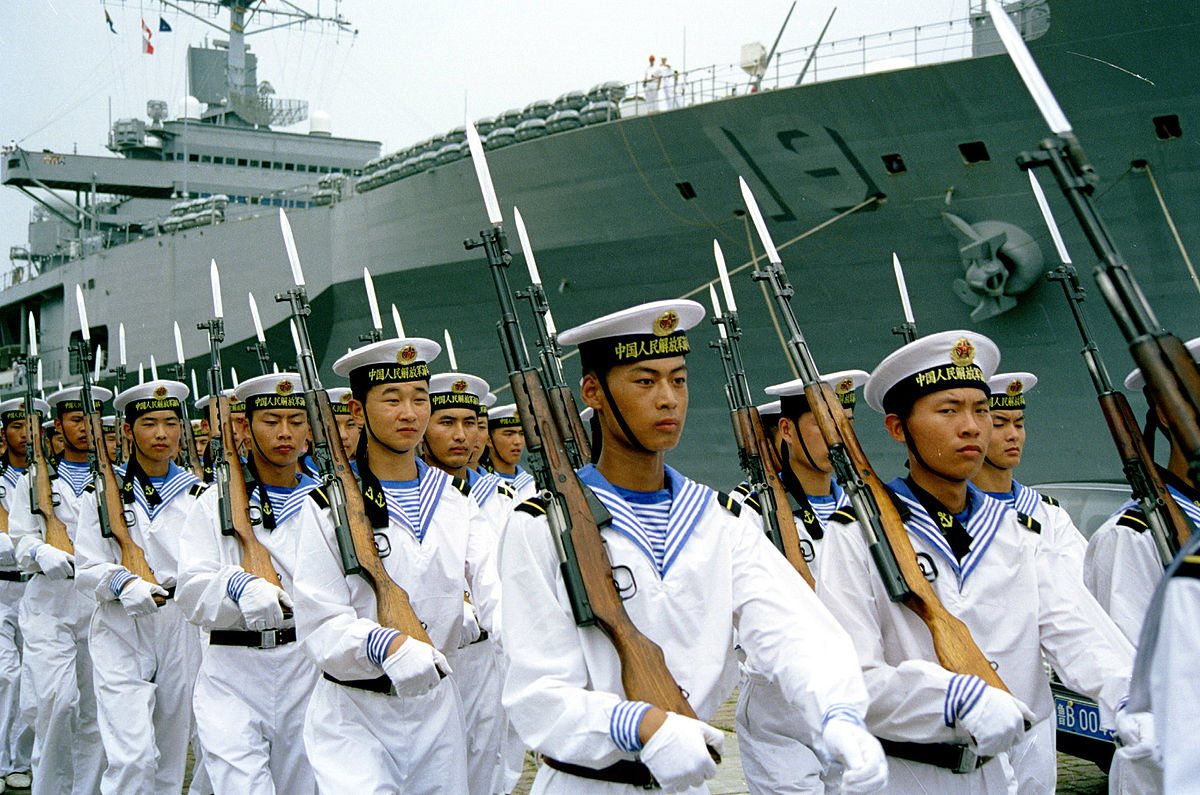Probability of War with China Increasing?
People’s Liberation Army Navy sailors at the Qingdao, North Sea Fleet headquarters parading in 2000 for a visiting U.S. Navy delegation.
Wikimedia Commons/Jiang
The probability of war with the People’s Republic of China has increased perceptibly due to last month’s ruling by a panel of jurists on the Permanent Court of Arbitration in The Hague. Such a conflict can not yet be considered probable, nevertheless it has increased in probability.
Chinese Intentions
The case before the Permanent Court of Arbitration, brought by the Philippines, was a protest against Beijing’s territorial claims over almost all the island groups in the South China Sea. In the map below, the area surrounded by the red curve is the portion of the South China Sea claimed by China. Most particularly, note that both China and the Philippines claim the Spratly Islands.

Wikimedia Commons/Voice of America
The last time I wrote about this issue in The Weakening of U.S. Alliances and National Security, I noted that China seemed to be spoiling for a fight, not just in the South China Sea, but against the Japanese in the East China Sea as well. I wrote,
Having claimed sovereignty over almost all the islands in the South China Sea, particularly the Spratly Islands and the Paracel Islands, China would like to gain a choke-hold on this nexus of international trade. According to Robert D. Kaplan, chief geopolitical analyst for Stratfor and a former member of the Pentagon’s Defense Policy Board, more than half the merchant ship tonnage every year passes through the South China Sea. The oil transported through this choke-point enroute to East Asia is three times what passes through the Suez Canal and fifteen times what goes through the Panama Canal. Since Taiwan, Vietnam, Malaysia, Brunei, and the Philippines all have competing claims, the chances for armed conflict over these islands are very significant.
It is always a perilous task to try to ascertain what a country’s intentions are, and to determine whether a country is a status quo country or a revisionist country. A status quo state is one that likes its international status and does not attempt to change its standing; a revisionist state on the the other hand is one trying to revise the international order and better its status, i.e. its power over international affairs. By their very actions, it would appear China has indisputably shown their intention is to become, at the very least, a regional hegemon, and therefore is a revisionist state.
After the Permanent Court of Arbitration rejected all of China’s territorial claims in the South China Sea, the Chinese reaction was furious. At a press briefing on July 6, Vice Foreign Minister Liu Zhenmin questioned the competence and integrity of the Permanent Court of Arbitration, saying their proceedings were biased and manipulated by other powers. He also wondered,
Can a ruling issued by such an arbitration tribunal have any effect? Does it have credibility? Who would implement a ruling that has no credibility?
If China were to go to war with either Japan in the East China Sea or the Philippines in the South China Sea, the United States would inevitably be drawn into the conflict, not just because of treaty obligations, but also because of the vital trade routes flowing through those areas. To allow Chinese domination of those areas would threaten the freedom of the seas.
Many think such a war is almost inconceivable, given the extremely high price both China and the United States would have to pay for it. Each country is the other’s largest trading partner, but besides trade such a war would cost China a great many student exchanges as well as cooperation in many other technical projects. Yet, a recent Rand Corporation study says “the danger that a mishandled crisis could trigger hostilities cannot be ignored.” As the perception of U.S. weakness and withdrawal from international affairs increases, the motivation of China to probe the periphery of U.S. security treaty obligations increases.
Views: 1,953






























